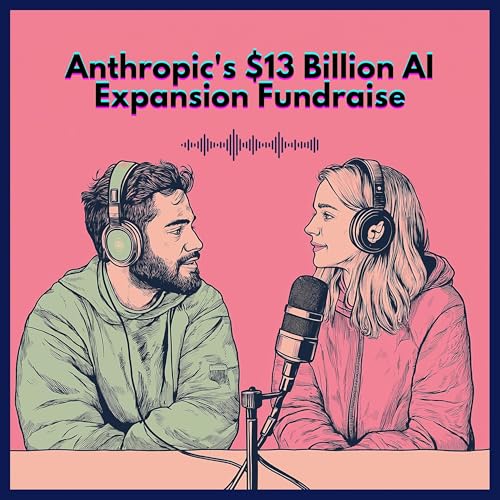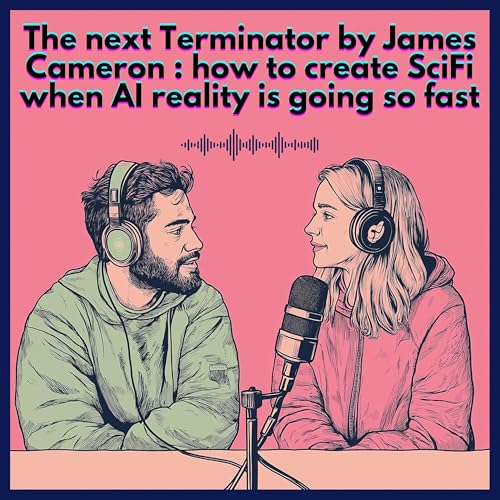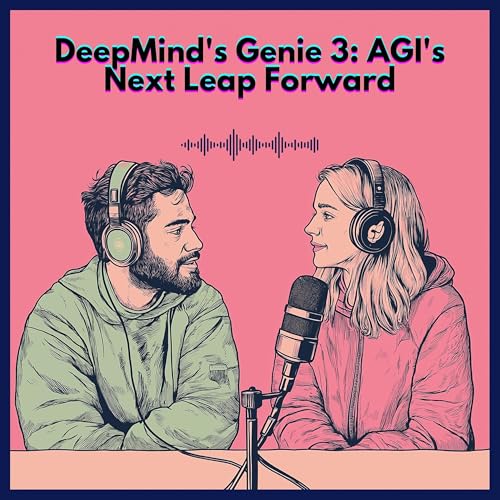🚀 Rapid Rise in AI: Mistral's Meteoric Journey
Mistral AI has quickly positioned itself as a leading European contender in the AI industry, challenging U.S. giants like OpenAI. Despite being founded in 2023, the company has achieved a remarkable $6 billion valuation, driven by its innovative approach and strategic positioning in the tech landscape.
🌱 Green and Independent: Mistral's Unique Vision
Mistral AI aims to be the world's greenest and leading independent AI lab. This ambitious goal involves balancing the massive computational demands of AI development with a commitment to sustainability and independence, setting them apart from other major players in the field.
📱 LeChat's Success: A Consumer Hit
LeChat, Mistral's alternative to ChatGPT, has seen impressive success with a million downloads in just two weeks. The app's rapid traction is attributed to a combination of strong local support, solid product quality, and continuous innovation, making it a significant player in the consumer AI space.
🧠 Diverse AI Portfolio: Tailored Models for Every Need
Mistral AI's strategy involves developing a diverse portfolio of AI models, each tailored for specific tasks. From general models like Mistral Large 2 to specialized ones like Pixtral Large for multimodal tasks, Mistral offers a comprehensive suite of AI solutions to meet varied demands.
💼 Strategic Partnerships: Expanding Influence and Reach
Through partnerships with industry giants like Microsoft and strategic collaborations with various sectors, Mistral AI is expanding its influence and reach. These alliances provide access to critical resources, distribution channels, and data, essential for sustaining growth and innovation.
💰 Funding and Valuation: Navigating Investor Expectations
Mistral AI's fundraising journey is marked by unprecedented speed and scale, raising over a billion euros in just a few years. This financial backing underscores investor confidence but also places pressure on Mistral to scale revenue and meet high valuation expectations.
⚖️ Open Source Strategy: Balancing Openness and Profitability
Mistral employs a nuanced open-source strategy, releasing some models under permissive licenses while keeping their premier models proprietary. This approach fosters community engagement and ecosystem growth while allowing Mistral to monetize its cutting-edge technologies.
📈 Future Prospects: IPO and Independence
Looking ahead, Mistral AI aims to remain independent and pursue an IPO, resisting acquisition offers to maintain its European sovereignty narrative. Achieving this goal requires significant revenue growth to justify its high valuation, all while navigating regulatory challenges and market pressures.
🌍 Global AI Dynamics: Mistral's Role in Shaping the Future
Mistral AI's journey reflects broader global trends in AI development, including the tension between open innovation and commercial success, and the push for regional AI sovereignty. Their path offers insights into how innovation, investment, and national interests will shape the future of AI technology.
0:00:37 - Ambitions and Initial Challenges
0:02:164 - Launch and Evolution of LeChat
0:02:176 - Diverse AI Models
0:03:204 - Development of Models for Various Use Cases
0:04:297 - Tools and APIs for Developers
0:05:336 - Nuanced Open Source Strategy
0:07:452 - Mistral's Revenue Models
0:08:510 - Unlikely Fundraising Rounds
0:10:636 - Major Strategic Partnerships
0:12:742 - Future Goals and IPO Ambitions
Hosted on Acast. See acast.com/privacy for more information.
 6 min
6 min Aug 13 20256 min
Aug 13 20256 min Aug 6 202511 min
Aug 6 202511 min Jul 29 20259 min
Jul 29 20259 min Jul 20 202514 min
Jul 20 202514 min 12 min
12 min May 20 202514 min
May 20 202514 min 5 min
5 min
